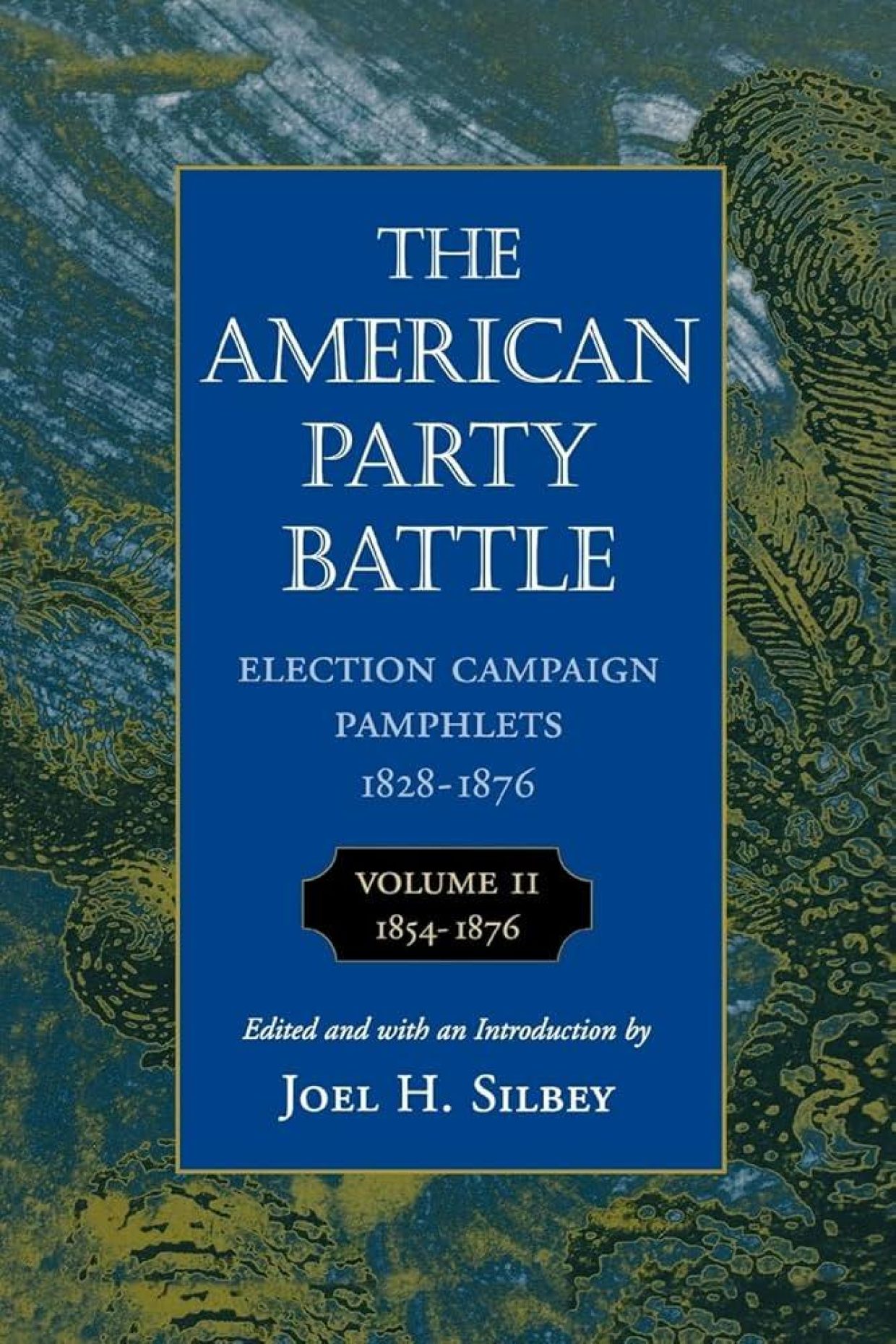In today’s interconnected world, the shadow of conflict often extends far beyond the battlefield, profoundly influencing the political landscape back home. War, whether ongoing or a distant memory, can shape election campaigns in powerful and sometimes unexpected ways. From framing the messages candidates choose to the priorities voters demand, the realities of war leave a lasting imprint on democratic processes. In this article, we’ll explore how modern warfare continues to influence election strategies, public opinion, and the very nature of political discourse—shedding light on a dynamic intersection that remains as relevant as ever.
Table of Contents
- The Historical Impact of War on Political Messaging
- Adapting Campaign Strategies in Times of Conflict
- Communicating with Empathy and Strength During War
- Recommendations for Responsible Election Campaigning Amidst War
- To Wrap It Up
The Historical Impact of War on Political Messaging
Throughout history, war has acted as a powerful catalyst in redefining political narratives. Campaigns harness the collective emotions stirred by conflict—ranging from fear and patriotism to hope and resilience—to forge compelling messages that resonate deeply with voters. Wars often expose vulnerabilities in leadership, economic stability, and national security, which politicians exploit to shape public perception. By strategically aligning their platforms with the perceived needs for strength and unity during turbulent times, candidates have historically sought to position themselves as guardians of national interest and peace.
Several key influences of war on political messaging include:
- Heightened Focus on National Security: Campaigns emphasize defense policies and military readiness, promising to protect the nation’s sovereignty at all costs.
- Emotional Appeals: Leveraging patriotic sentiments to unite disparate voter bases and inspire a collective sense of purpose.
- Economic Justifications: Candidates often argue for war-driven economic reforms or increased spending as necessary sacrifices for national progress.
- Framing Opponents: Portraying rivals as weak or unprepared to handle crises effectively, thereby contrasting strength and reliability.
Adapting Campaign Strategies in Times of Conflict
Election campaigns in times of conflict face the challenge of maintaining relevance while respecting the sensitivities and uncertainties that war imposes. Candidates often pivot their messaging to emphasize unity, resilience, and national security, seeking to reassure voters amid instability. This recalibration involves a delicate balance: they need to acknowledge the hardships war brings without appearing opportunistic. Modern campaigns might also incorporate real-time updates about the conflict, demonstrating responsiveness and empathy, which can strengthen public trust and voter engagement.
Moreover, the strategic deployment of resources changes dramatically. Traditional rallies and large gatherings may be scaled down or replaced with digital communications to avoid unsafe situations. Campaigns are leveraging:
- Virtual town halls to maintain direct voter interaction.
- Social media platforms for timely and targeted messaging.
- Collaborations with humanitarian organizations to highlight social responsibility.
- Focused messaging that enhances national solidarity rather than division.
Campaign teams also prioritize mental health awareness and community support as part of their platforms, recognizing the broader impact conflict has on their constituencies. By adapting quickly and thoughtfully, these campaigns ensure their messages resonate deeply, reflecting both the challenges and hopes of voters during turbulent times.
Communicating with Empathy and Strength During War
In times of conflict, politicians must navigate the delicate balance between projecting strength and demonstrating genuine empathy. Voters seek leaders who can assertively protect national interests while also recognizing the profound human cost of war. This duality shapes not only the messages campaigns convey but also how candidates connect with their audiences on a deeply emotional level. To resonate effectively, campaigns often incorporate narratives that honor the sacrifices of military families, address concerns about security, and emphasize plans for peaceful resolutions, all while avoiding rhetoric that might alienate sensitive voters.
Successful communication strategies during war campaigns typically include:
- Using authentic stories that humanize the conflict and those affected.
- Maintaining a tone that conveys resilience without dismissing the complexities of war.
- Highlighting actionable policies that prioritize both national defense and humanitarian aid.
- Employing language that encourages unity and collective strength rather than division.
Balancing these elements allows campaigns to foster trust and build lasting support, reflecting a leader’s capacity to handle crises with both resolve and compassion.
Recommendations for Responsible Election Campaigning Amidst War
In times of conflict, election campaigns must be conducted with an acute awareness of the fragile context. Candidates and campaign teams should prioritize peaceful communication and avoid inflammatory rhetoric that could exacerbate tensions or deepen divisions within communities. Emphasizing messages that foster unity, resilience, and hope can help maintain social cohesion and provide voters with a constructive vision rather than fear-based narratives. Transparency about campaign funding and sources also becomes paramount to maintain trust, especially as misinformation and propaganda often intensify during wartime.
Campaign organizers can adopt several best practices to uphold integrity and responsibility, including:
- Limiting politically charged public gatherings to prevent security risks and public disorder.
- Engaging with local peace-building organizations to ensure campaign messages align with broader efforts for stability.
- Leveraging digital platforms for outreach to reduce physical risks and enhance message control.
- Promoting voter education that highlights the importance of peaceful participation despite adversity.
By consciously aligning election activities with ethical standards and social sensitivity, democratic processes can endure and even strengthen during times of war.
To Wrap It Up
In the ever-evolving landscape of today’s politics, the shadow of war continues to cast a profound influence over election campaigns. Understanding how conflict shapes political messaging, voter priorities, and candidate strategies offers valuable insight into the broader dynamics at play. As we move forward, staying aware of these intersections not only helps us become more informed voters but also reminds us of the complex realities behind every campaign promise. Thanks for reading—here’s to thoughtful, engaged participation in the democratic process!













